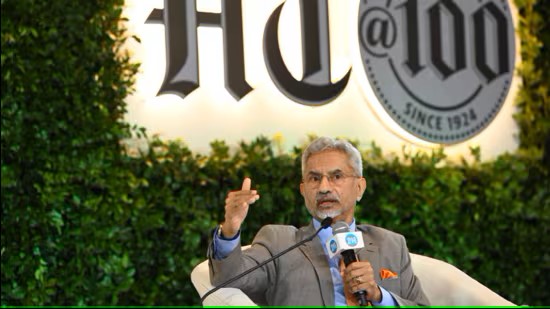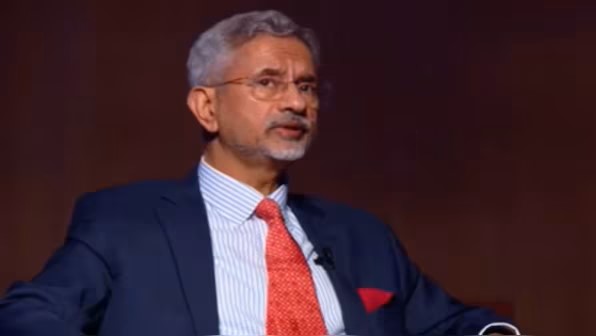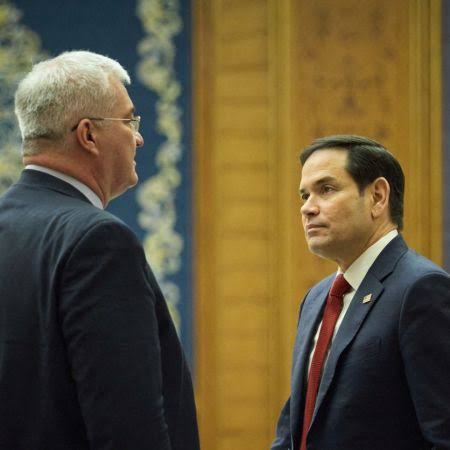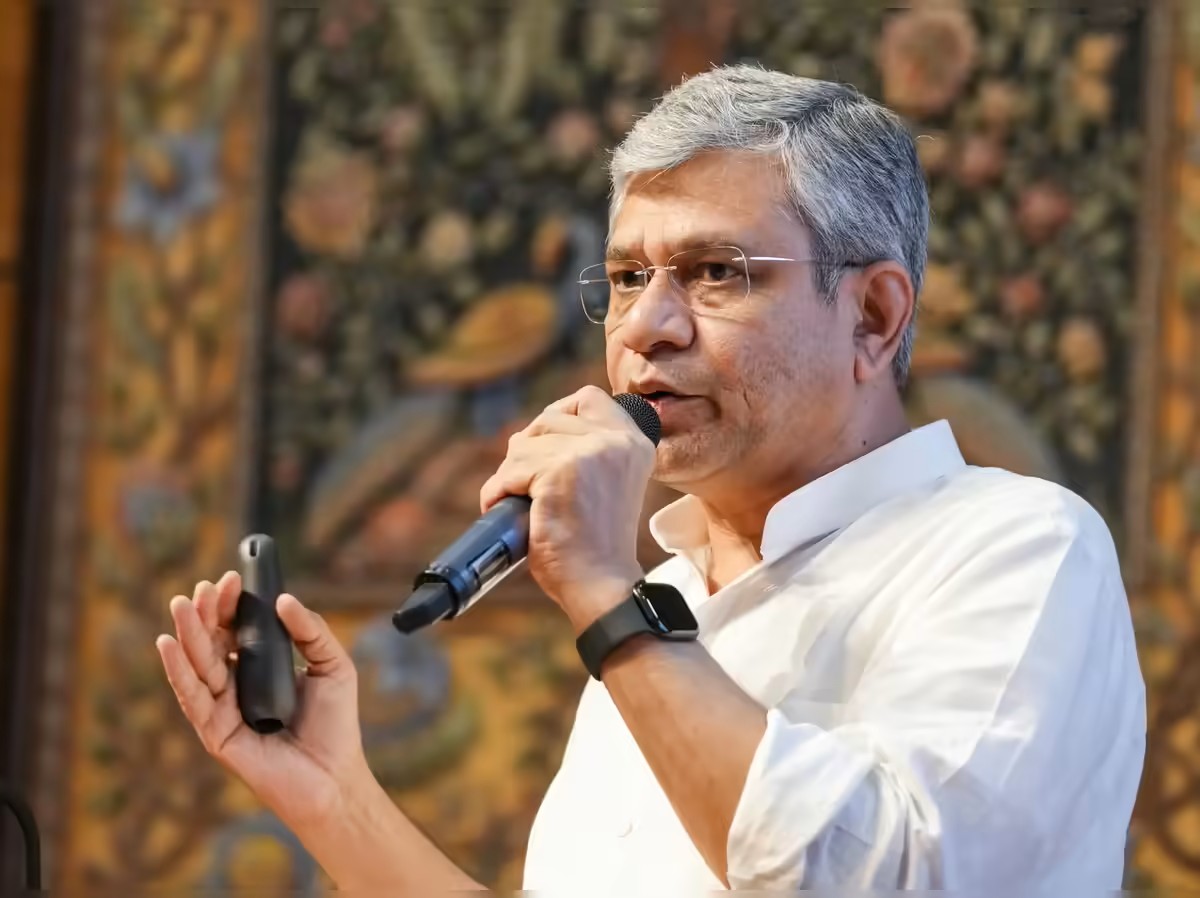External Affairs Minister S. Jaishankar, speaking at the 22nd Hindustan Times Leadership Summit (HTLS) on Saturday, discussed the ongoing disengagement between Indian and Chinese troops along the Line of Actual Control (LAC). He emphasized that while the disengagement process is an important step, it must ultimately lead to de-escalation and resolution of broader issues in the bilateral relationship between India and China.
 In a conversation with Hindustan Times Editor-in-Chief R Sukumar, Jaishankar said it was reasonable to expect that the recent disengagement could contribute to an improvement in India-China ties. However, he cautioned that the complex relationship between the two countries requires more than just troop disengagement to ensure lasting peace and stability.
In a conversation with Hindustan Times Editor-in-Chief R Sukumar, Jaishankar said it was reasonable to expect that the recent disengagement could contribute to an improvement in India-China ties. However, he cautioned that the complex relationship between the two countries requires more than just troop disengagement to ensure lasting peace and stability.
Disengagement Is Just the Beginning
Jaishankar explained that the disengagement agreement reached between India and China on October 21, 2024, was an important step in addressing the military standoff that had been ongoing since 2020. “The disengagement process is part of a broader effort, but it’s just one piece of the puzzle. It addresses the immediate issue of troops being too close along the LAC, which created a volatile situation. But we must follow it with de-escalation, which includes reducing the massing of troops and addressing other aspects of our relationship,” Jaishankar said.
He clarified that while the disengagement was a positive development, it should not be confused with a complete reset of the relationship. “I see disengagement as just disengagement — nothing more, nothing less. It is a necessary step, but the real focus now is on ensuring stability and managing the many complexities in our relationship with China,” Jaishankar stated.
A Complex Relationship
The External Affairs Minister acknowledged the complexities of India-China relations, which stem from the two countries’ distinct political systems, economic models, and historical experiences. He noted that both countries, despite their similarities in terms of large populations and civilizational histories, are undergoing profound changes, and managing this evolving dynamic is not easy.
“India and China are not only neighbors but also two of the largest and most significant countries in the world. As such, managing our relationship requires a delicate balance, especially since our societies, economies, and mindsets are quite different,” he said.
Jaishankar pointed out that as India and China continue to rise on the global stage, the task of finding equilibrium between them becomes more challenging. “When two such large countries are changing so rapidly, finding a stable equilibrium is difficult, but it’s essential. That’s why this relationship is so complicated,” he said.
China’s Economic and Security Dimensions
When asked about the differing views within the Indian government regarding China—especially in light of the 2024 Economic Survey’s call for greater economic engagement—Jaishankar emphasized that each government ministry has distinct responsibilities and viewpoints. “Different ministries will naturally have different perspectives. For instance, the Economic Survey may advocate for economic engagement, but the Ministry of External Affairs looks at the bigger picture, including national security concerns,” he explained.
He further clarified that while various ministries may present different views, the final policy decisions are made by the government as a whole. “Our job is to integrate all these viewpoints into a cohesive policy,” he added.
India’s Role in Global Affairs
Jaishankar also touched on broader international issues, including the evolving role of the United States under President Donald Trump. He observed that Trump’s approach to global affairs marks a shift away from the traditional American role of global leadership. “Trump is not turning his back on the world, but he is offering a new deal. America will still engage with the world, but the terms of that engagement will change,” Jaishankar said.
He also emphasized the importance of India and the United States working together in areas like technology, national security, and manufacturing. “India and the US have a shared interest in forging strong, trust-based partnerships in critical areas. The initiative on Critical and Emerging Technologies (iCET) is a prime example of this,” he noted, expressing confidence that this cooperation would continue, regardless of any political changes in the US.
India’s Efforts on the Russia-Ukraine Conflict
Turning to the ongoing Russia-Ukraine conflict, Jaishankar explained India’s approach to the crisis, emphasizing that India’s role has been to facilitate dialogue, not to impose a solution. “We have been trying to create opportunities for both sides to engage in good faith,” he said, noting that Prime Minister Modi had met with both Ukrainian President Zelensky and Russian President Putin multiple times to promote dialogue.
“We are not trying to impose a peace plan. What we’re doing is trying to facilitate communication and understanding, as it is ultimately up to Russia and Ukraine to find a solution to this conflict,” Jaishankar said. He pointed out that India’s unique position allows it to engage with both sides, making it one of the few countries capable of playing such a role in the conflict.
Jaishankar reiterated that while India is not taking sides, it is actively working to encourage peace by fostering dialogue between the two parties. “Ultimately, the two countries have to come to the table and resolve the issue themselves,” he concluded.




